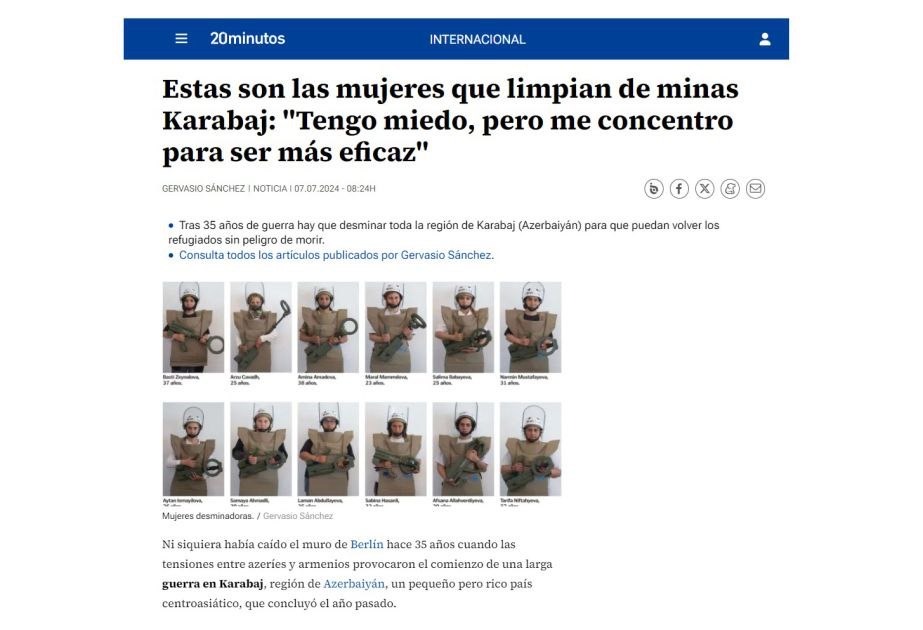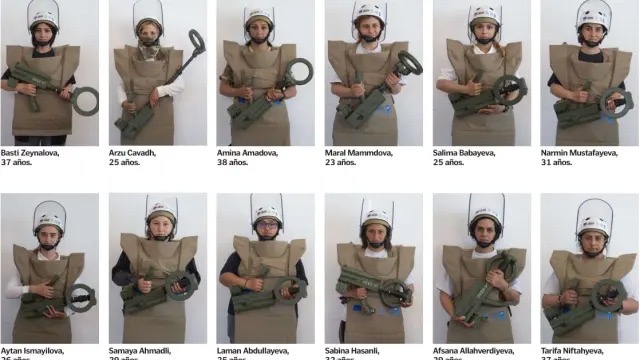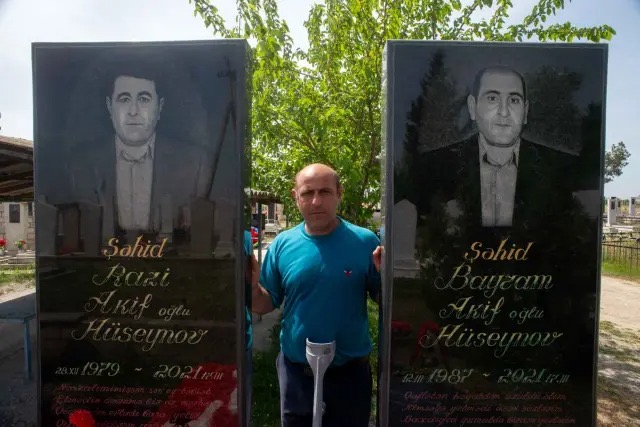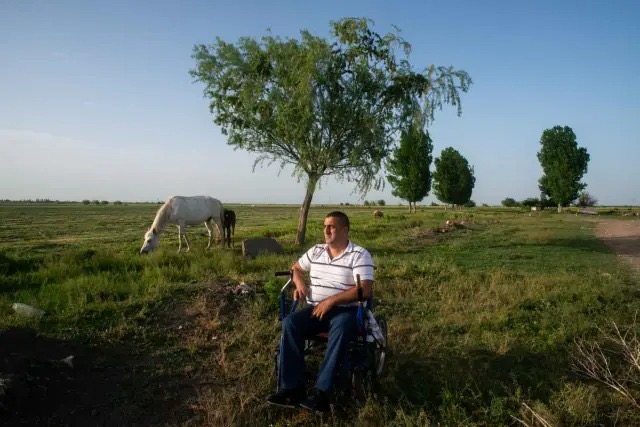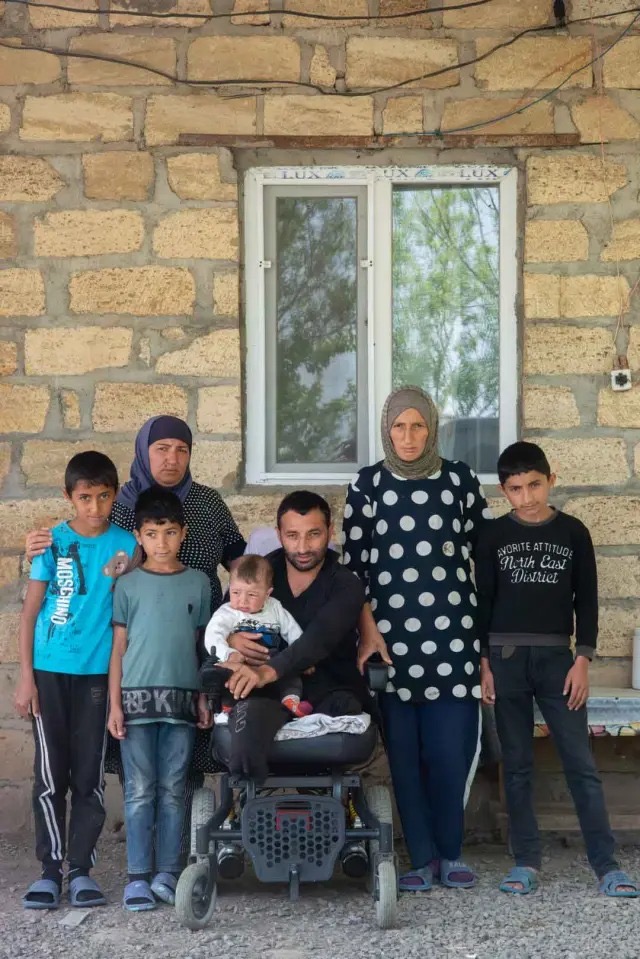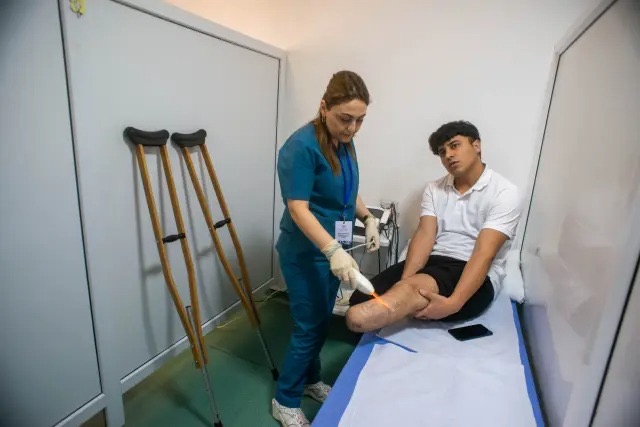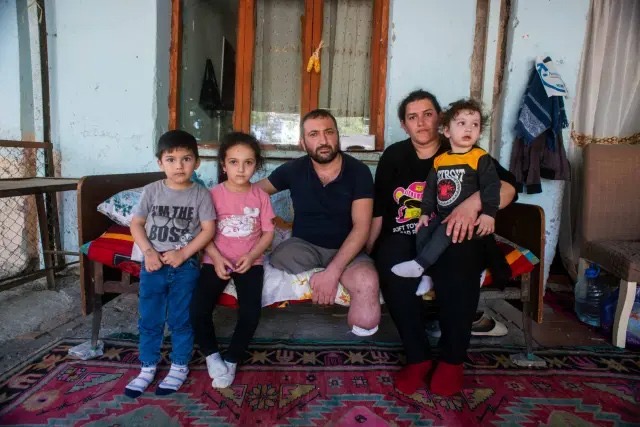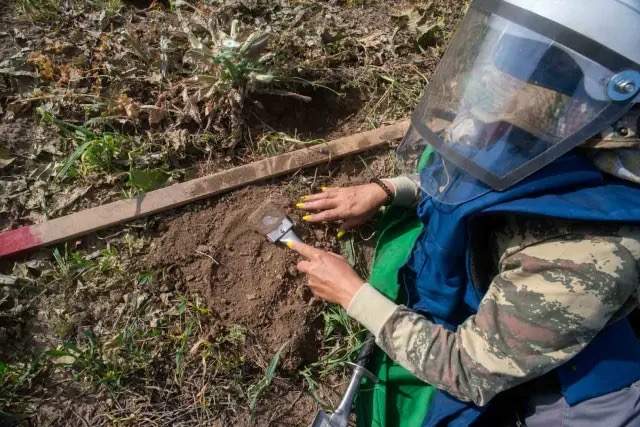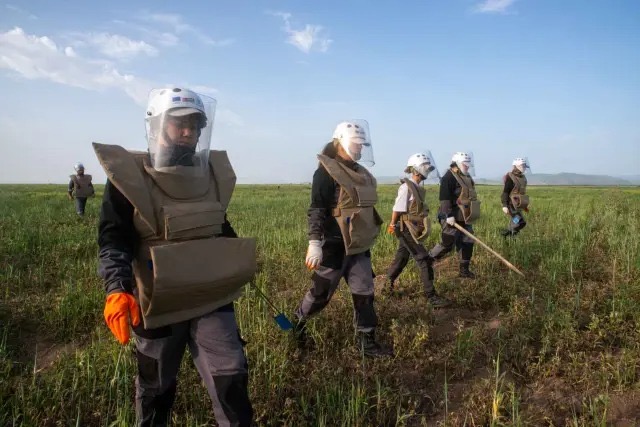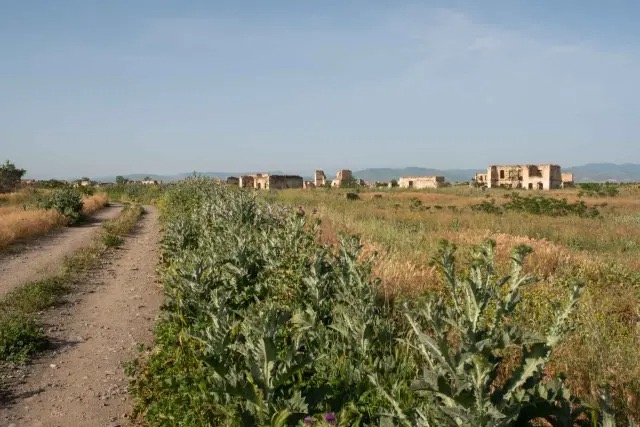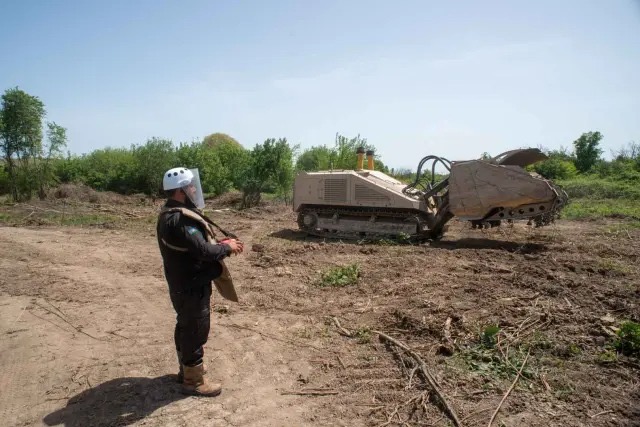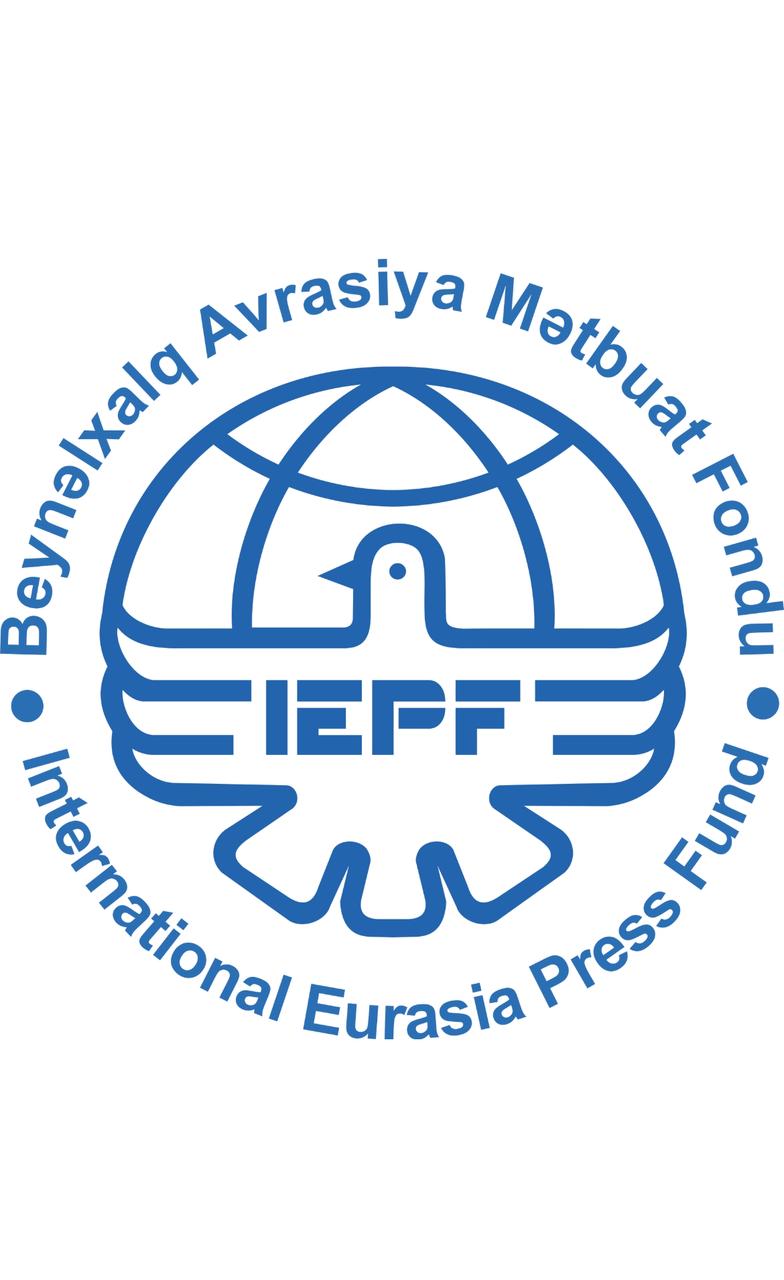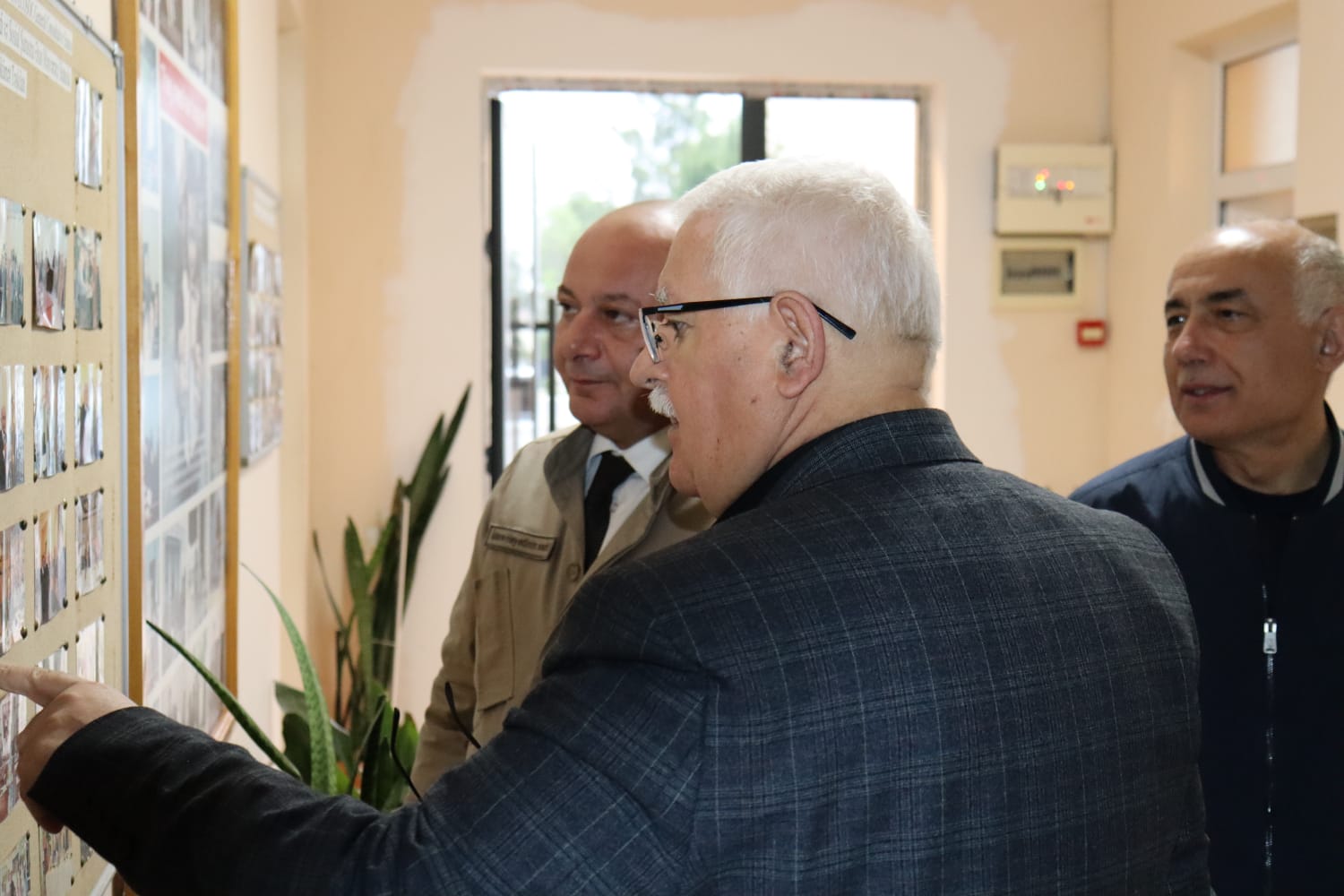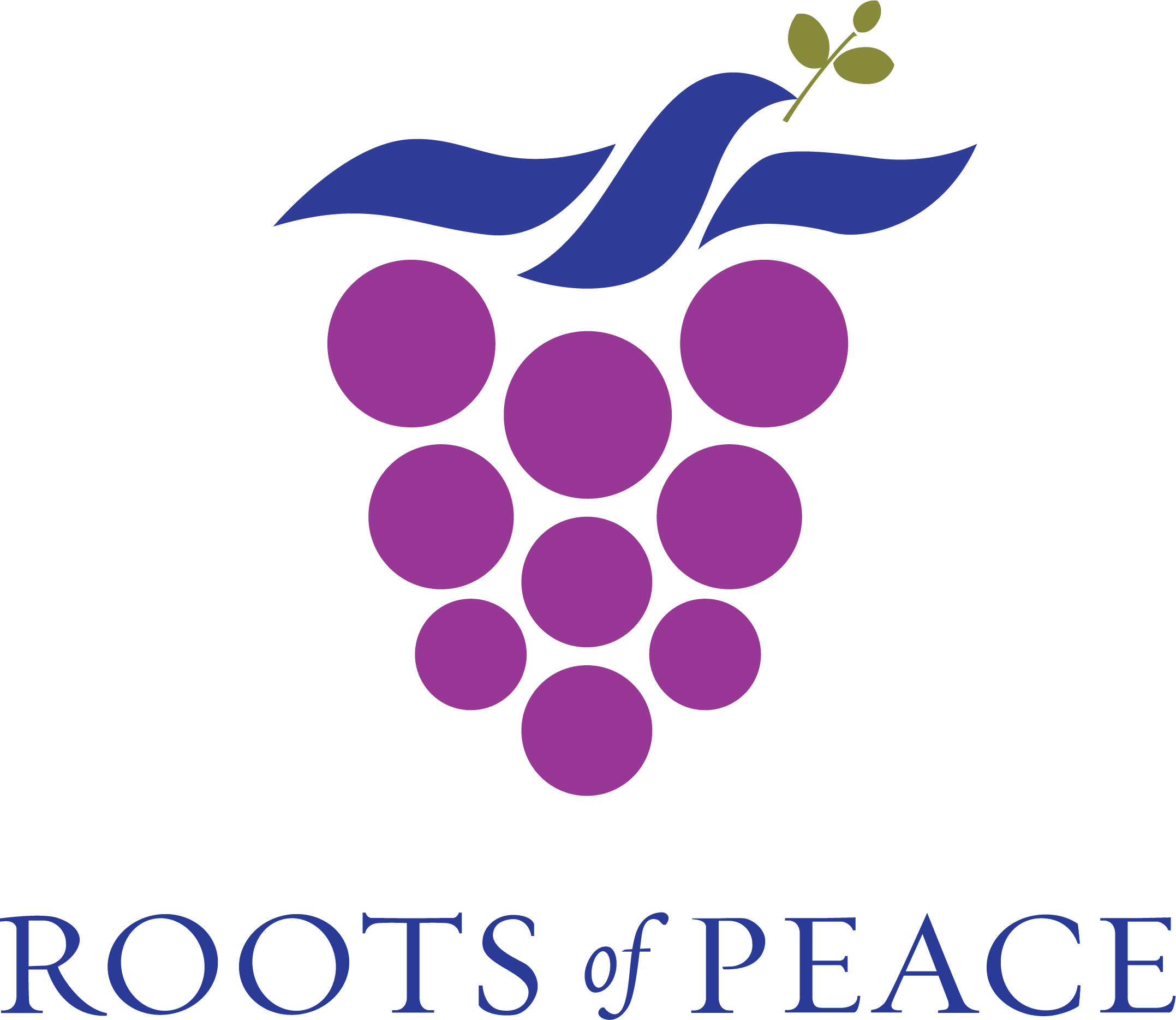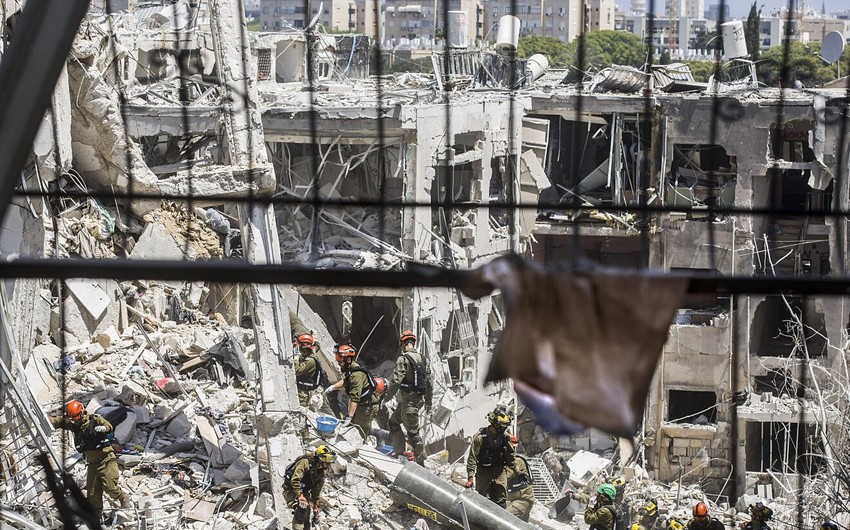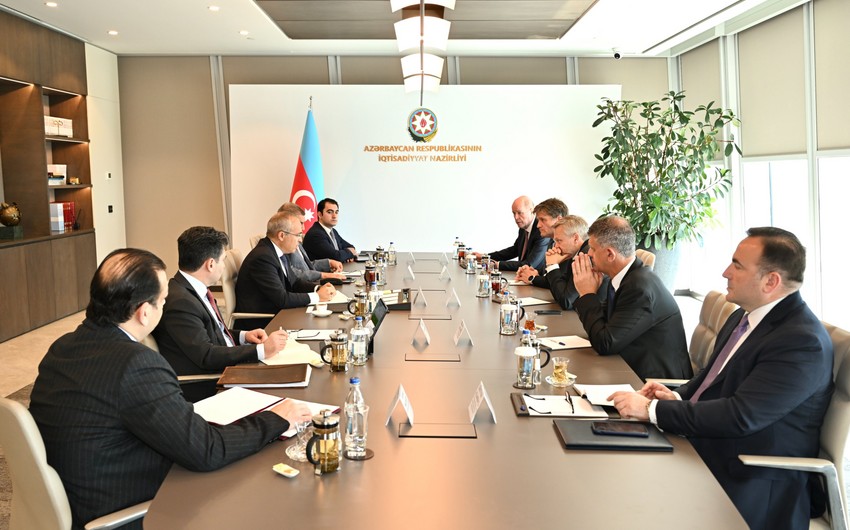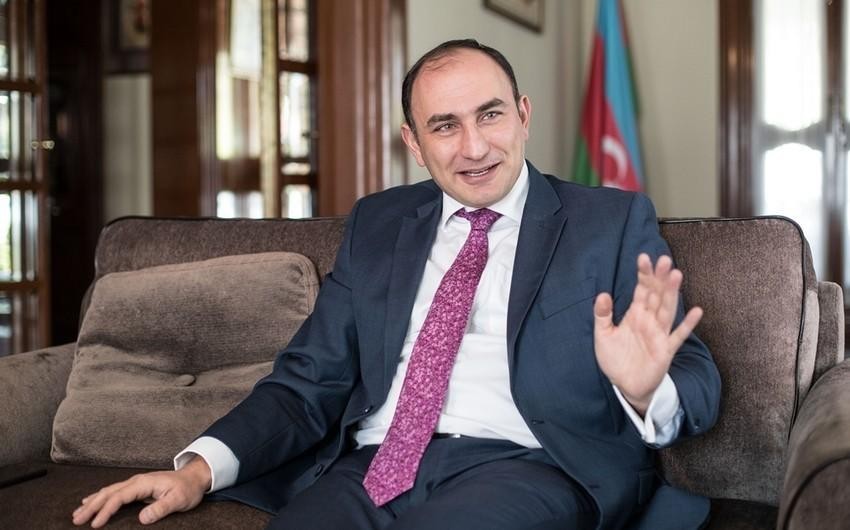"20 Minutos," a Spanish publication, has released an in-depth article on the landmine crisis in Azerbaijan, detailing the victims, ongoing demining efforts, and the significant role of women in these operations, Ednews informs.
Journalist-photographer Gervasio Sánchez Fernández, who visited Azerbaijan in May, reported that the conflict lasting nearly 35 years has left towns and villages in ruins. The article emphasizes that Karabakh is among the most heavily mined areas globally, with an estimated 1.5 million mines and unexploded ordnance (UXO). From 1991 to May 2, 2024, about 3,500 people have fallen victim to these mines, including 358 children and 38 women. In the last three and a half years alone, 359 people have been affected, half of whom are civilians, with 67 fatalities.
The article highlights Azerbaijan's extensive demining efforts, particularly by the Mine Action Agency of the Republic of Azerbaijan (ANAMA), which has cleared about 12 percent of the mined areas. Despite these efforts, only 3.32 percent of the estimated mines have been removed, with the Azerbaijani state funding 95 percent of the operations.
A notable aspect of the article is the focus on the dedication of Azerbaijani deminers, especially women. Sánchez Fernández underscores the significant contribution of these women, who work tirelessly for their country's safety. In this piece of work he also mentions Umud Mirzayev, head of the International Eurasia Press Fund, whose demining programs, financed by the European Union, include 25 female deminers. These women, aged 23 to 44, demonstrate remarkable patience and efficiency, despite facing opposition from some family members.
The article features personal stories of female deminers like Salima Mayilova, Sehran Babayeva, and Amina Aliyeva, who joined the demining efforts driven by a strong sense of duty and patriotism. Their stories reflect the broader impact of demining on their lives and the lives of those around them.
Additionally, the article provides insights into the lives of internally displaced persons returning to their homes, such as in Fuzuli district, where new buildings have been constructed. Interviews with landmine victims who have received prosthetic limbs and ongoing medical support from the Azerbaijani state are also included, highlighting their resilience and optimism for the future

